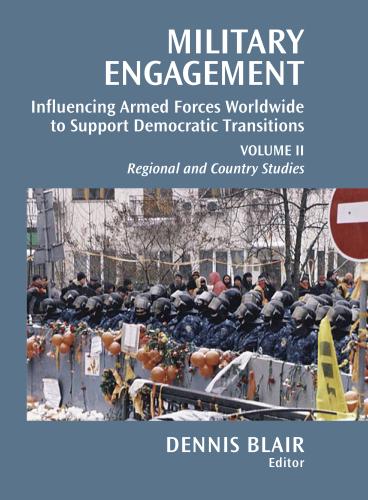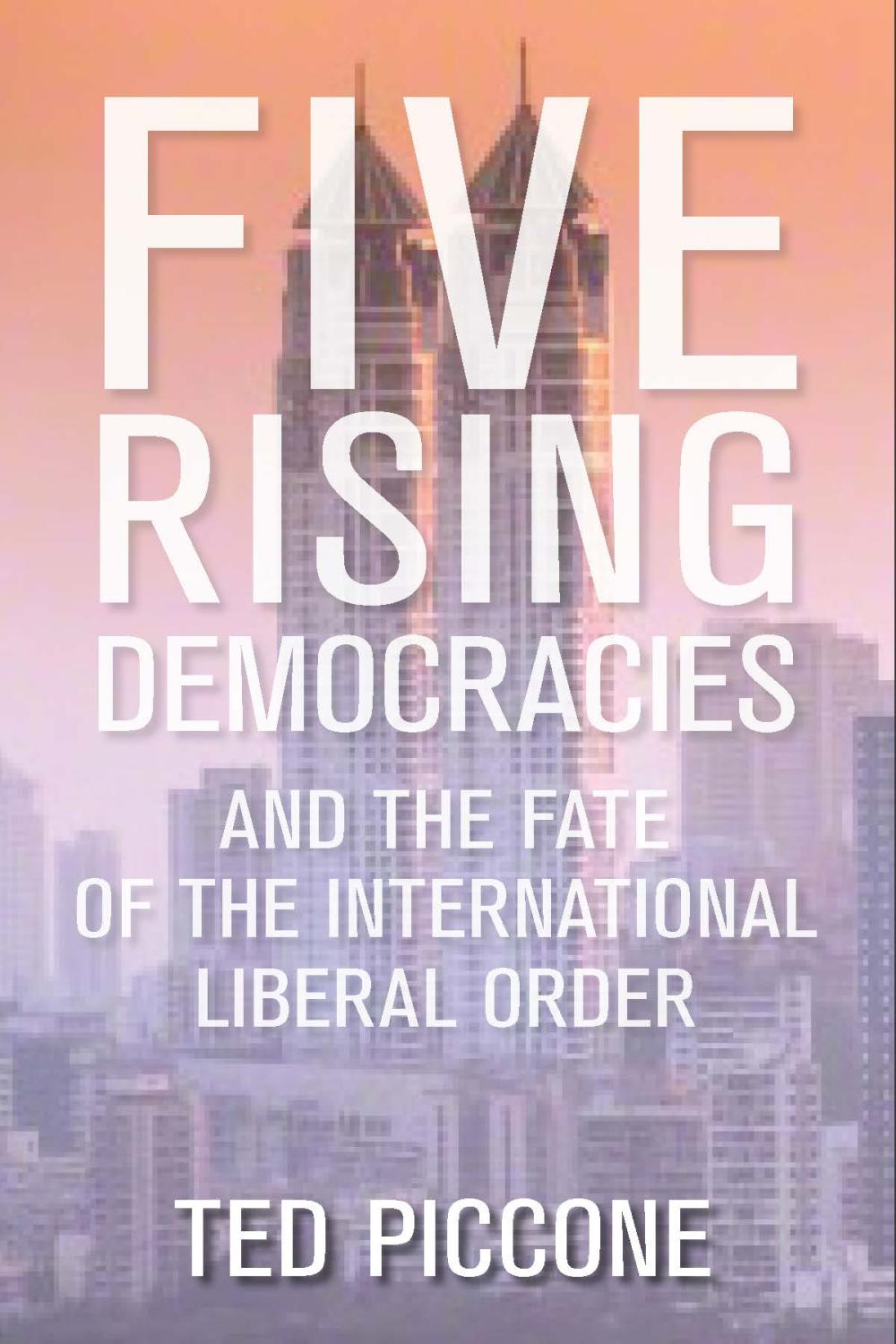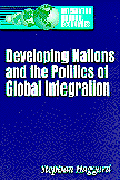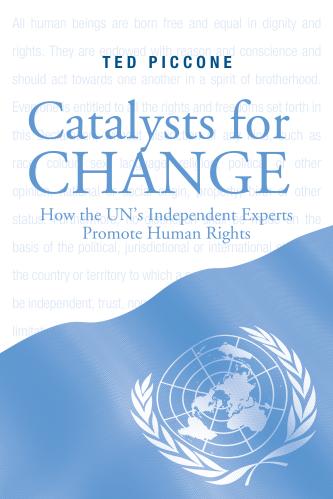


Book
Five nations could determine the fate of the global democracy and human rights order. Shifting power balances in the world are shaking the foundations of the liberal international order and...
Five nations could determine the fate of the global democracy and human rights order.
The spread of democracy and human rights over the last three decades has dramatically changed the international landscape. In 1989, just over 2 billion people lived in one of the 69 countries considered an electoral democracy. Today, those numbers have almost doubled, with more than 4 billion people living in one of the world’s 125 democracies. Political reforms in places like the Philippines, Chile, Poland, South Korea, and Mexico have captured the world’s attention and inspired renewed hope for an international liberal order founded on democracy, peace and development.
More recently, however, shifting power balances are shaking the foundations of the international liberal order and disrupting movements toward democracy and human rights. Established democracies are falling victim to apathy, polarization, and rising nationalism, while others are either at a plateau or backsliding on their path to liberal democracy. International cooperation to protect and expand the hard-won gains of the post-Cold War years is faltering as China, Russia and other authoritarian states defend their illiberal paths to development.
In a new book, Five Rising Democracies and the Fate of the International Liberal Order, Brookings Senior Fellow Ted Piccone examines how five pivotal countries—India, Brazil, South Africa, Turkey, and Indonesia—can play a critical role as both examples and supporters of liberal ideas and practices.
These rising stars, according to Piccone, stand out for their shift from authoritarian governments to more open and representative systems; for their impressive progress in delivering better standards of living for their citizens; and for the significant diversity of their populations. Their embrace of globalization and liberal norms has directly, and positively, affected their own trajectories both economically and politically.
The transitions of these five democracies, which represent 25 percent of the world’s population, offer important examples of the compatibility of political liberties, economic growth, and human development. However, their foreign policies have not caught up to these trends, swinging unpredictably between interest-based strategic autonomy and an erratic concern for democratic progress and human rights. In a multipolar world, the fate of the international human rights and democracy order depends on how they reconcile these tendencies.
Filled with a data-rich analysis of recent progress—and setbacks—experienced by these five countries, along with practical recommendations for building a North-South consensus on human rights and democracy, Five Rising Democracies and the Fate of the International Liberal Order is an important book for understanding the links between democracy and foreign policy, and how these important countries will affect the future of the international liberal order.
Related Books

Dennis C. Blair
June 14, 2013

Stephan Haggard
April 1, 1995

Ted Piccone
July 13, 2012
Ted Piccone has produced a balanced, detailed, and hopeful analysis of the essential role these five emerging powers can play in addressing global demands for greater democracy and human rights. Europe’s own contribution in this regard is well known. This book adds another untold dimension to the story and offers constructive ideas for building a stronger international consensus for universal values.
—Javier Solana, former European Union High Representative for Common Foreign and Security Policy
We have learned from our own national experience the importance of building democracy at home and of living with democratic neighbors. Piccone documents well how these two factors have propelled states like Brazil, India and South Africa forward and recommends pragmatic ways to strengthen the international order. His assessment of recent history is timely and welcomed
—Fernando Henrique Cardoso, former President of Brazil
In the many years I have known Ted Piccone, I have found him to be a thoughtful commentator on the subject of democratic transition and consolidation. His observations and perspectives are based on a deep understanding of democratic theory and practice. His analysis is enlightened by that experience, and this book is a welcome addition to the discussion of democratic development at a time when it is under threat.
—Kim Campbell, former Prime Minister of Canada
—Javier Solana, former European Union High Representative for Common Foreign and Security Policy
We have learned from our own national experience the importance of building democracy at home and of living with democratic neighbors. Piccone documents well how these two factors have propelled states like Brazil, India, and South Africa forward and recommends pragmatic ways to strengthen the international order. His assessment of recent history is timely and welcomed.
—Fernando Henrique Cardoso, former President of Brazil
In the many years I have known Ted Piccone, I have found him to be a thoughtful commentator on the subject of democratic transition and consolidation. His observations and perspectives are based on a deep understanding of democratic theory and practice. His analysis is enlightened by that experience, and this book is a welcome addition to the discussion of democratic development at a time when it is under threat.
—Kim Campbell, former Prime Minister of Canada
Authors

Ted Piccone is a senior fellow with the Project on International Order and Strategy and the Latin America Initiative in the Foreign Policy program at Brookings. His research is focused on global democracy and human rights policies; U.S.-Latin American relations, including Cuba; emerging powers; and multilateral affairs.
Five Rising Democracies: an interview with Ted Piccone
Five Rising Democracies and the Fate of the International Liberal Order
In conversation with Ted Piccone, Author, Five Rising Democracies
Five Rising Democracies: Trends at Home and Abroad – an interactive slideshow
Is the international liberal order dying? These five countries will decide
Why five emerging powers may determine the future of democracy around the world
What Brazil contributes to the international liberal order
The rising powers: A mixed bag for the international order